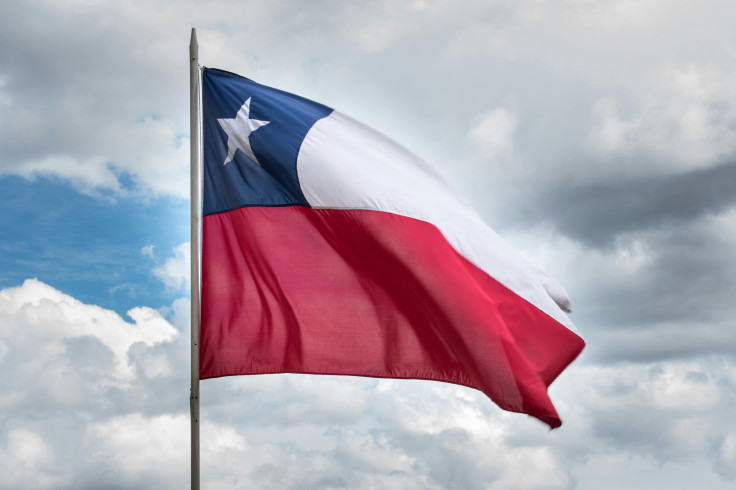Chilean Presidential Election Heightens Fears Over Security and Migration — Which Vision Will Voters Choose?
Public concern over crime and migration dominates the national debate

Chile's presidential race has entered a critical and highly charged phase as the nation heads toward a run-off that has ignited fierce debate over security, migration and the country's political future.
With voters returning to the polls on 14 December, the 2025 presidential showdown has become one of Latin America's most closely watched contests, drawing international attention as Chile faces its most polarising choice in years.
Run-Off Triggered After No Candidate Secures Majority
The first round of voting on 16 November left Chile without a frontrunner crossing the 50% threshold, forcing a dramatic run-off between two sharply contrasting candidates.
Jeannette Jara, former Labour and Social Security Minister and the governing left's standard-bearer, emerged with around 26.7%, according to a report by Al Jazeera. She was closely trailed by José Antonio Kast, the far-right Republican Party leader and a dominant figure on the Chilean right, who secured roughly 24%.
Turnout was high under Chile's compulsory voting system, a sign of intense public engagement driven by fears over crime, economic pressure and rising migration.
With President Gabriel Boric unable to run again, the election has become a defining moment for Chile's direction.
Jara vs Kast: Two Competing Visions for Chile's Future
Jeannette Jara: Social Reform and Government Continuity
Jara represents the Unity for Chile coalition, backed prominently by the Communist Party. Her campaign promises stronger worker protections, expanded social programmes and relief from rising living costs.
She has pitched herself as the candidate who will stabilise and strengthen public services while continuing the social agenda introduced by the Boric administration. But analysts warn she must win over centrist voters who remain sceptical of a leftward shift.
José Antonio Kast: Crime Crackdown and Hard-Line Immigration
Kast has centred his campaign on law and order, pledging relentless action against organised crime, tougher border security and sweeping immigration restrictions. His message taps into widespread public fear over the growing presence of violent criminal networks and a surge in undocumented migrants, particularly from Venezuela.
Kast's supporters argue Chile is facing a security emergency that demands uncompromising leadership. Critics warn his proposals risk deepening social tensions.
Security Fears Dominate the Election Agenda
Crime has become the most pressing issue for voters. Reports across the country detail the expansion of organised crime groups linked to international networks, fuelling anxiety over violent incidents and a perceived collapse in public safety.
Kast has vowed to strengthen policing, expand surveillance and reinforce Chile's borders. Jara favours long-term solutions rooted in social investment, institutional reforms and crime prevention.
The contrasting approaches highlight a broader national divide over how to restore public security during a period of heightened fear.
Migration Crisis Sparks Fierce Political Clash
Migration has soared in recent years, with Venezuelans representing a major share of arrivals. The sudden demographic shift has intensified debates on public safety, job competition and pressure on public services.
Kast promises mass deportations of undocumented migrants and far stricter entry controls. Jara argues for a regulated and humane migration system while acknowledging that communities are struggling to absorb rapid population changes.
A Nation Split — and the World Watching
Chile now faces a defining moment. With two radically different visions on the ballot, the 14 December run-off has become a turning point not only for Chileans but for the region. Global observers see it as a test of how democracies confront crime, migration pressures and deep political polarisation.
© Copyright IBTimes 2025. All rights reserved.


















